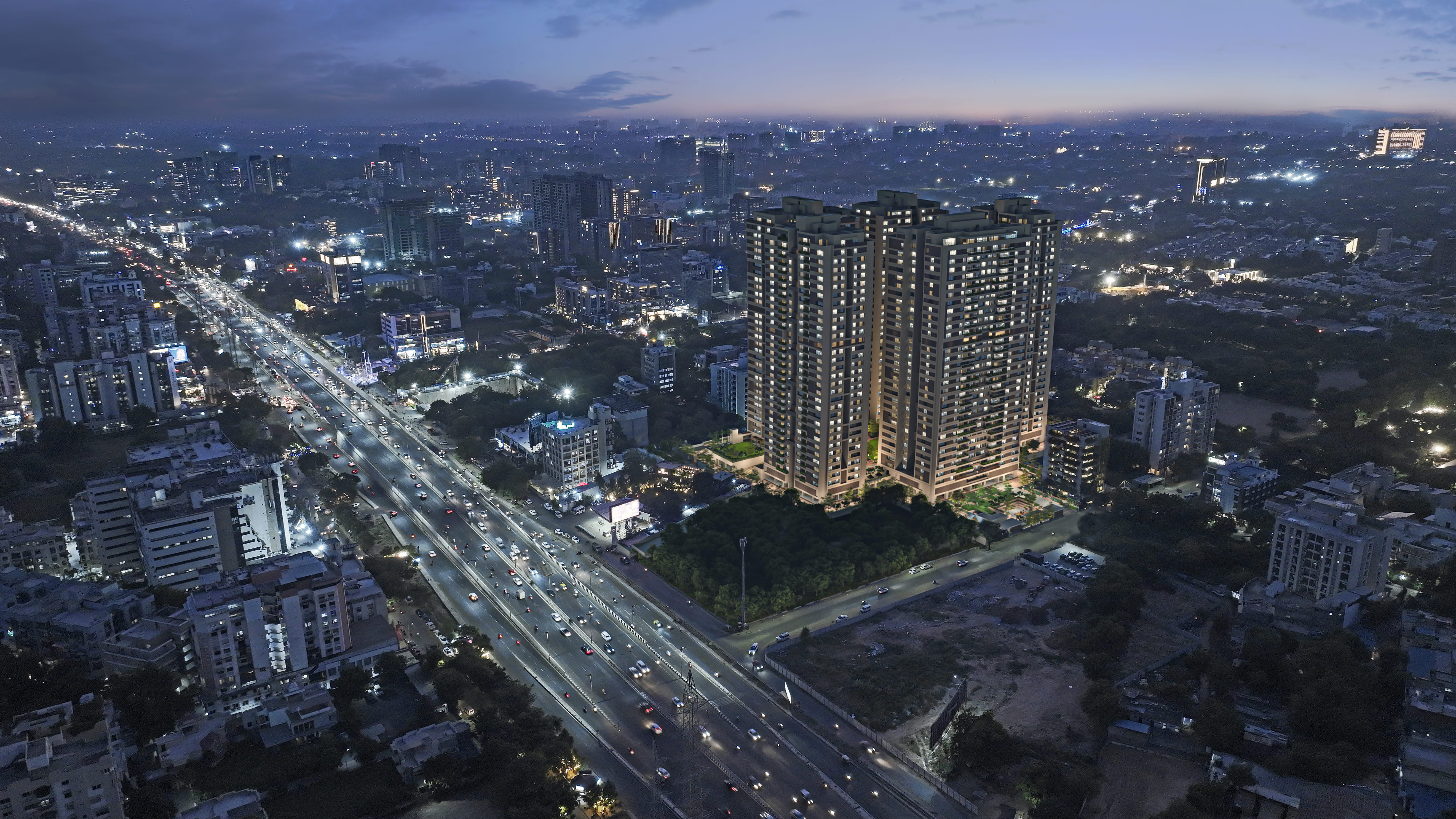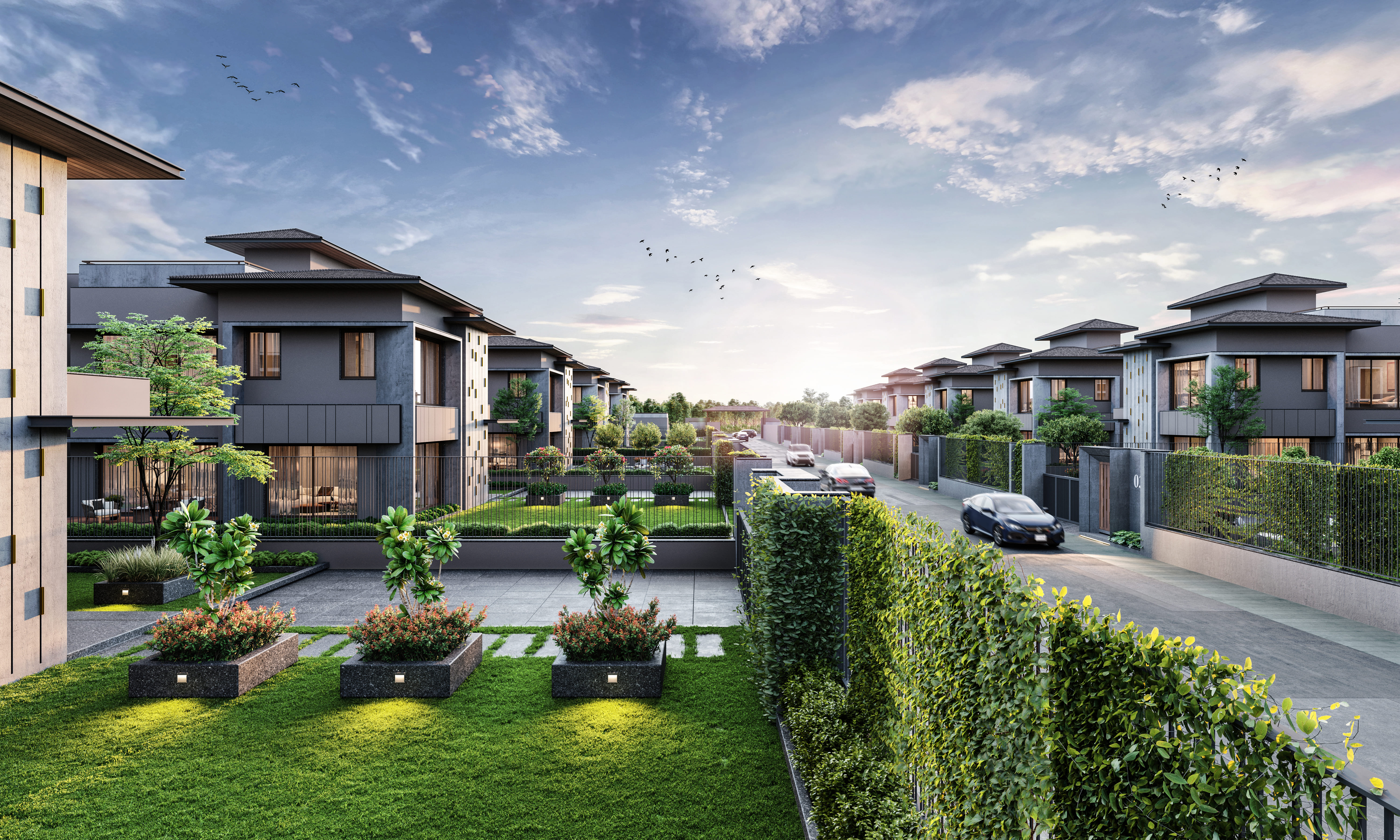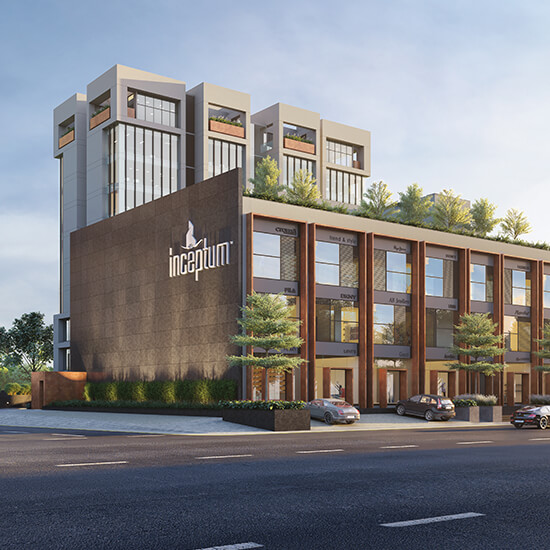The Difference Between Sale and Agreement to Sell in Ahmedabad’s Property Market
When you decide to buy a home in Ahmedabad’s Downtown or along the iconic S.G. Highway, the journey is exciting.
You might be exploring prestigious apartments, large 4 BHLK or 5 BHLK residences, or even penthouses with breath-taking city views. The real estate market here is vibrant and properties often appreciate quickly. But alongside the excitement, there’s an important legal detail you cannot afford to overlook: the difference between a sale and an agreement to sell.
Many buyers in Ahmedabad are surprised to learn that even after paying a large sum to a developer or seller, they may not legally own the property yet. This depends entirely on whether the transaction is a sale or still at the stage of an agreement to sell.
Here, we’ll break down the difference in simple language, relate it to the context of premium properties along S.G. Highway and in the Downtown of Ahmedabad and share practical tips to protect your investment.
Why This Matters in Prime Areas of Ahmedabad
Prime localities like S.G. Highway, Sindhu Bhavan Road, Thaltej - Hebatpur Road, Bopal - Ambli Road, etc. are home to Ahmedabad’s most desirable residences. With modern high-rises, ultra-luxurious amenities and homes that often start at crores, buyers here are not just buying a place to live, they’re making a major financial commitment.
In such high-value deals, legal clarity is as important as location, amenities or view. Misunderstanding whether your contract is a sale or just an agreement to sell can lead to:
- Delays in getting possession
- Complications in bank financing
- Disputes with developers or sellers
- Difficulty in reselling or leasing
What is a Sale?
The legal definition of a sale is given under Section 54 of the Transfer of Property Act, 1882. It says a sale is the transfer of ownership of property in exchange for a price that is paid, promised, or partly paid and partly promised. Once the sale deed is signed and registered, ownership passes to the buyer.
For immovable property worth ₹100 or more, the law requires that the sale be done through a registered instrument. Without registration, the sale is invalid in the eyes of the law.
For example, if you purchase a 5 BHLK luxury apartment overlooking the skyline of S.G. Highway and the sale deed is executed and registered in your name, you are the legal owner. You can move in, lease it out or sell it to someone else. The seller has no further rights over it.
What is an Agreement to Sell?
An agreement to sell is also defined in Section 54 of the Transfer of Property Act. It is a contract where the seller agrees to transfer ownership in the future, subject to terms and conditions. It does not immediately pass ownership to the buyer.
An agreement to sell is common in cases where:
- The property is under construction
- Full payment has not been made yet
- Certain conditions like government approvals are pending
If you sign an agreement to sell for a prestigious apartment in Ahmedabad, you might pay the booking amount and a portion of the total cost. However, until construction is complete, full payment is made and the sale deed is registered, you do not legally own the home.
How They Differ in Everyday Terms
- Ownership: Sale = you own it right away Agreement to sell = you will own it later when conditions are met.
- Risk: After a sale, if the property is damaged, the buyer bears the loss. Before a sale, in an agreement to sell, the seller bears the loss.
- Legal rights: In a sale, you have a legal title. In an agreement to sell, you have only a contractual right to obtain ownership in the future.
Why This Distinction is Critical in Premium Markets
When buying in Ahmedabad’s most prestigious addresses, the stakes are high. A single misunderstanding can affect crores of rupees. Here’s why clarity matters:
Investment Security
If the market price changes after you’ve signed an agreement to sell, you still don’t own the property and the final sale could be affected by delays or disputes.
Loan Processing
Banks often approve loans based on ownership proof. A sale deed is stronger evidence than an agreement to sell.
Possession Timelines
An agreement to sell specifies when you’ll get possession. In a sale, you can usually take possession immediately.
Role of RERA in Protecting Buyers
The Gujarat Real Estate Regulatory Authority (GujRERA) ensures that developers in Ahmedabad follow certain rules. They must register their projects, provide clear agreements, and stick to possession dates.
Even so, it’s important for you as a buyer to check:
- That your agreement to sell is RERA-registered
- That timelines, penalties and specifications are clearly written
- That you know exactly when the sale deed will be executed
Typical Journey from Agreement to Sale
In high-rise projects along S.G. Highway, this is how it often works:
- You visit the developer’s sales office and choose a 4 BHLK or 5 BHLK with panoramic Downtown views.
- You sign an agreement to sell and pay a booking amount (often 10–20%).
- Payments continue as per construction milestones.
- Once the building is complete and all dues are paid, you sign and register the sale deed.
- You get possession and officially become the owner.
Until step 4, the legal ownership remains with the seller or developer.
Common Misconceptions
Many buyers think signing an agreement to sell means they “own” the property. The Supreme Court of India has clarified that an agreement to sell does not, by itself, convey ownership rights.
Practical Tips for Buyers in Ahmedabad’s Luxury Segment
-
Always register your documents
Even an agreement to sell can be registered to protect your interest. -
Check the property title
Ask for an NOC certificate to make sure it’s free from legal dues. -
Match payments to progress
Link payment schedules to construction milestones, especially for under-construction luxury apartments. -
Read the fine print
Pay attention to possession dates, penalty clauses and what happens if either party defaults. -
Engage a property lawyer
For investments worth crores, legal advice is a small price for peace of mind.
Local Case Example
Mr. Shah, an NRI investor, booked a 5 BHLK apartment on S.G. Highway in 2022. He signed an agreement to sell and paid 40% of the price. In 2023, due to regulatory delays, the project’s completion date was pushed back by a year. Because he only had an agreement to sell, he couldn’t sell the apartment to someone else without the developer’s consent, nor could he claim possession.
This illustrates why understanding the difference matters, especially in fast-changing markets.
The Financial Angle
For high-value properties:
- Stamp duty and registration fees are payable at the time of sale.
- An agreement to sell may involve token amounts or partial payment, but full duties
- apply only upon execution of the sale deed.
- Banks disburse loans in tranches linked to agreement milestones.
Avoiding Disputes
Disputes often arise when:
- The agreement to sell doesn’t specify clear timelines.
- Payment terms are vague.
- Possession dates are not enforceable.
- Buyers assume they can occupy the property after signing the agreement.
Clear documentation is your best defense.
Closing Thoughts
Buying a home in Ahmedabad’s Downtown or along S.G. Highway is a dream for many. Whether it’s a prestigious 4 BHLK with a city view or a 5 BHLK in an iconic location, the joy of ownership comes only when the sale deed is registered in your name.
An agreement to sell is just the first step; a promise. The sale deed is the final step which leads to actual ownership.
If you understand this difference, you will make safer decisions, avoid disputes and enjoy your new home with complete peace of mind.


 4 & 5 BHLK Prestigious Living
4 & 5 BHLK Prestigious Living Opp. The Grand Bhagwati (TGB), Pakwan Circle, S.G Highway, Ahmedabad, Gujarat-380054
Opp. The Grand Bhagwati (TGB), Pakwan Circle, S.G Highway, Ahmedabad, Gujarat-380054




